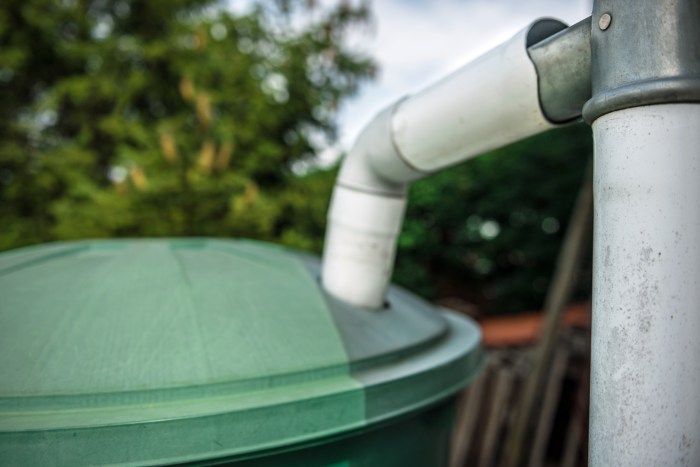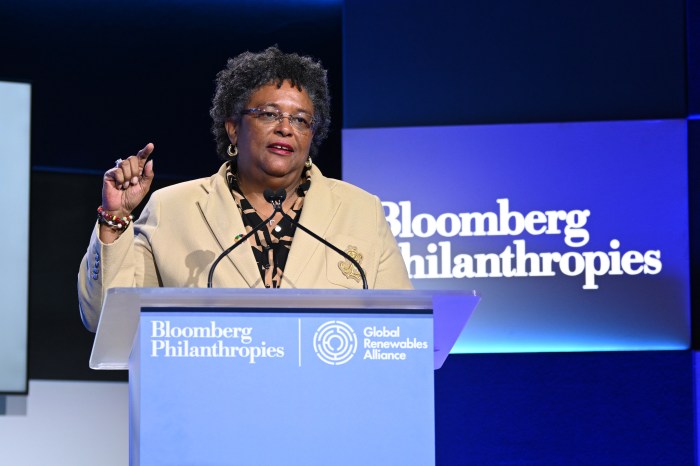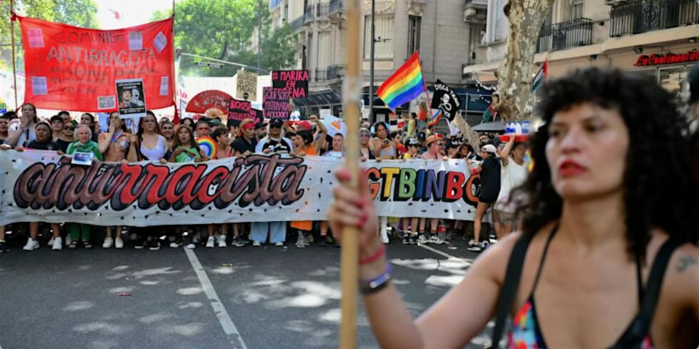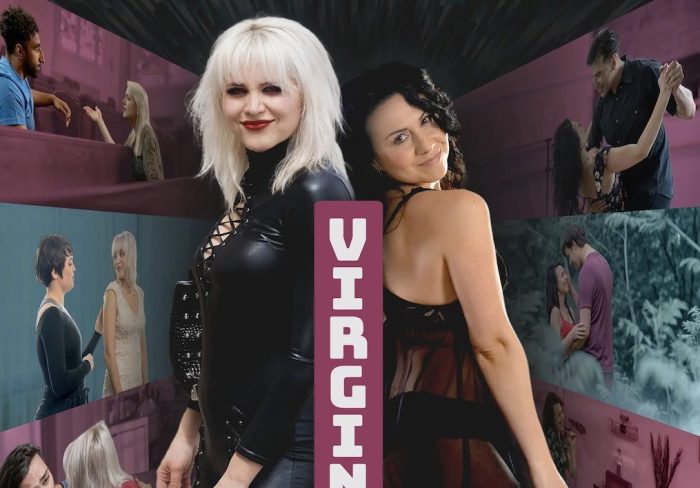Puneet Singh Singhal grew up in a slum in New Delhi, India, with his chronically ill mother, according to a blog post that he published almost a year ago.
Singhal also shared in this blog post that he battled dyslexia (a learning disorder affecting a person’s ability to read and write), dyspraxia (neurodevelopmental disorder affecting movement and coordination), and a stutter as a child, and both he and his mother are survivors of domestic violence.
He then shared what it’s like to live through heat waves and how he, his mother, and other residents in his neighborhood were affected by one during the past summer.
“Living through a Delhi heatwave, in a ramshackle home with no respite from the sweltering heat, feels like being trapped in an oven. During one unbearable summer, our neighborhood faced an acute water crisis,” he said.
“My mother’s existing health issues were aggravated terribly. Dehydration ravaged her body while her chronic ailments roared with newfound intensity. My dyspraxia symptoms flared up, making everyday activities — like even lifting a glass of water — an exhausting battle.”
This experience led him to start the initiative Green Disability six months ago, which is focused on pushing for climate action that includes disabled people. The initiative currently has over 600 disability advocates worldwide in its LinkedIn group.
In a blog post published on Oct. 8, Singhal shared the initiative’s mission, which is to “Make sure the discussion of climate and urban planning takes on board our needs. “
One of the main goals of the initiative is to document the lives of disabled people in areas where climate change has the greatest impact, recording their stories and the struggles they undergo. The collective believes this will be instrumental in raising awareness about how much goes on and what is needed for change.
As part of the initiative, members of the disability community will interview experts, take their findings, and simplify them for everyone’s clarity, ensuring that all critical information can reach everyone. The goal is to bridge complex science with the daily realities of disabled people in a manner that allows the community to use that knowledge to push for solutions that work for everyone.
Singhal wants everyone to remember that Green Disability is a collective initiative and a movement.
“We want to convey to everyone that the climate crisis is everybody’s issue, and you cannot talk about sustainability without talking about accessibility and inclusive climate action,” Singhal continued in this blog.
To stay updated on the work of Green Disability, those who are interested can find the initiative’s other social platforms, its newsletter, and other relevant links here: https://linktr.ee/GreenDisability


























